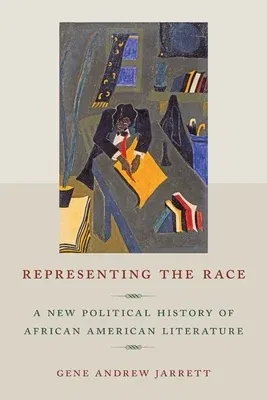The political value of African American literature has long been a topic
of great debate among American writers, both black and white, from
Thomas Jefferson to Barack Obama. In his compelling new book,
Representing the Race, Gene Andrew Jarrett traces the genealogy of
this topic in order to develop an innovative political history of
African American literature. Jarrett examines texts of every
sort--pamphlets, autobiographies, cultural criticism, poems, short
stories, and novels--to parse the myths of authenticity, popular
culture, nationalism, and militancy that have come to define African
American political activism in recent decades. He argues that unless we
show the diverse and complex ways that African American literature has
transformed society, political myths will continue to limit our
understanding of this intellectual tradition.
Cultural forums ranging from the printing press, schools, and
conventions, to parlors, railroad cars, and courtrooms provide the
backdrop to this African American literary history, while the foreground
is replete with compelling stories, from the debate over racial genius
in early American history and the intellectual culture of racial
politics after slavery, to the tension between copyright law and free
speech in contemporary African American culture, to the political
audacity of Barack Obama's creative writing. Erudite yet accessible,
Representing the Race is a bold explanation of what's at stake in
continuing to politicize African American literature in the new
millennium.

